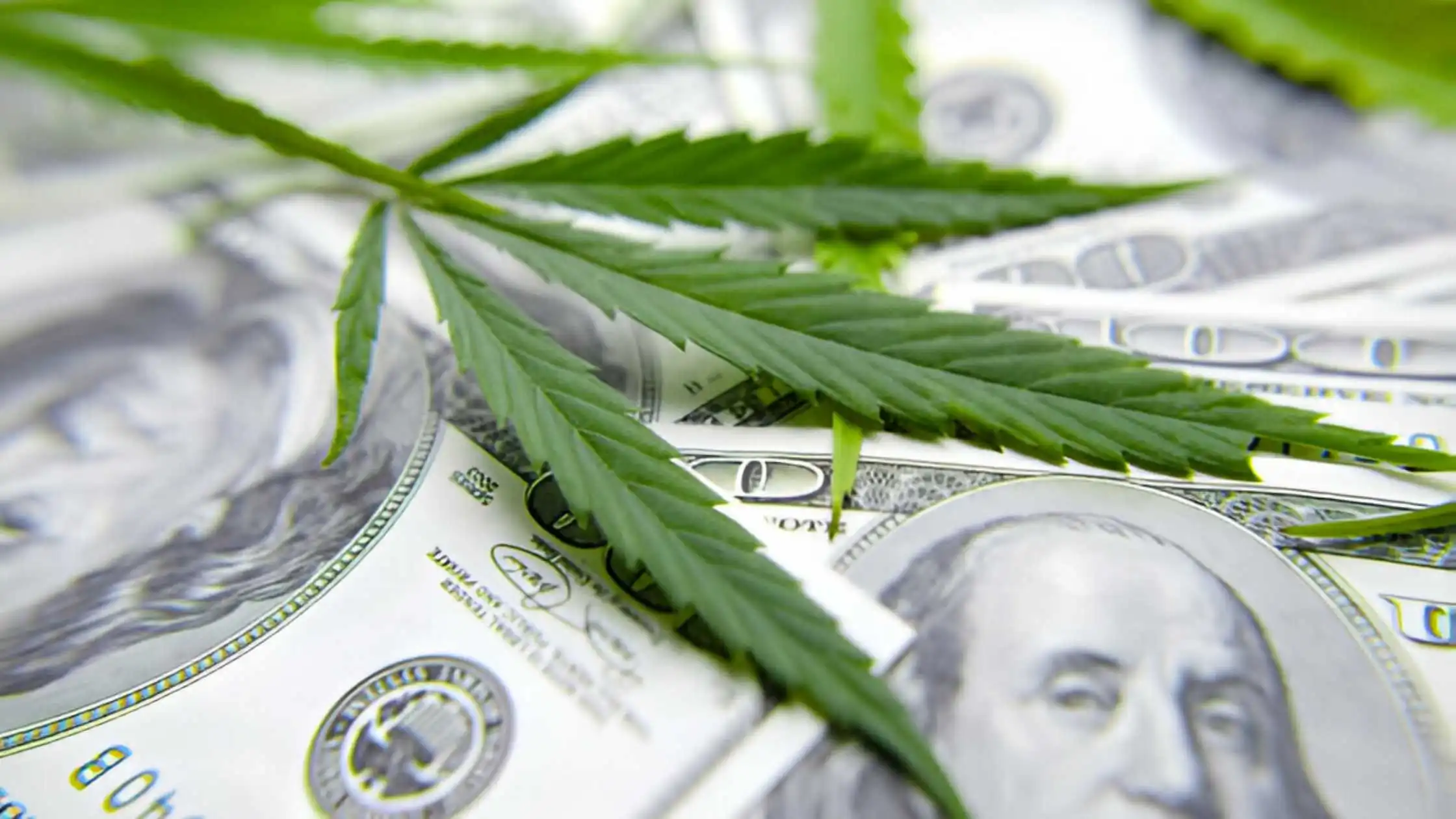With UK pharmacies reporting a shortage of hay fever medication – could CBD help ease symptoms?
UK pharmacies are reporting a shortage of hay fever medication – could CBD offer an alternative option?
Pharmacies across the UK are reporting a shortage of Chlorphenamine maleate, the active ingredient in commonly used allergy medicines, such as Piriton.
High-street giant Boots told the BBC on Monday, 9 May, that a “small number of lines” are currently out of stock due to an “industry-wide shortage” of the ingredient.
According to the Met Office, pollen counts are expected to remain medium to high for the rest of the week.
Boots has said that it still has a number of other medications available to treat hay fever symptoms; however, if you’re looking for a natural alternative – without some of the side effects – it could be worth giving CBD a go.
What is hay fever?
Hay fever is particularly common at this time of year. It is caused by an allergic reaction to pollen, typically when it comes into contact with the mouth, nose, eyes, and throat.
While there is no cure or treatment, a number of over-the-counter antihistamines, such as chlorphenamine maleate, can help alleviate some of the symptoms.
But even when they are available, many of them have side effects—the most common of which are drowsiness and dry mouth—meaning that many people prefer not to use them during the day.
Some promising studies suggest that CBD’s beneficial properties could be helpful for hay fever sufferers.
Cannabinoids and allergies
More research is needed, but while no human studies have been conducted so far, a number of animal studies have shown some positive signs.
A 2013 study gave a number of guinea pigs an antigen to stimulate a contraction in their throat muscles, which can be a common symptom of hay fever. Researchers found that “cannabidiol reduced … airway obstruction”, adding that CBD “may have beneficial effects in the treatment of obstructive airway disorders.”
Two years later, in 2015, another study looked at the link between the mediation of CB1 receptors and mast cells, which are responsible for releasing the histamines that cause the symptoms of hay fever.
Although the results were inconclusive, they suggested that CB1 receptors may mediate the hypersensitivity of the immune system, which in turn could be used to lower histamine levels.
Elsewhere, a more recent study found that a synthetic cannabinoid designed to replicate THC could prevent peanut allergy, as well as reduce the effects of anaphylactic reactions.
Anti-inflammatory properties
One thing that CBD is well-known for is its anti-inflammatory properties.
These can prove invaluable during an allergic reaction, working to reduce any swelling or irritation and limiting further histamine production.
In fact, CBD’s interaction with the human endocannabinoid system has been shown to reduce almost all of the most common side effects that accompany an allergic reaction, such as opening airways to make breathing easier, easing nasal pressure, and relieving congestion and mucus.
CBD may not be a proven treatment for hay fever symptoms prevention, but it can help ease them—even if it is only used until the shelves are restocked.
Disclaimer: https://cannabishealthnews.co.uk/2022/05/09/story22-how-cbd-may-help-ease-hay-fever-symptoms
Posted by: Times Of Hemp, TOH, #TOH, #TimesOfHemp, https://timesofhemp.com





